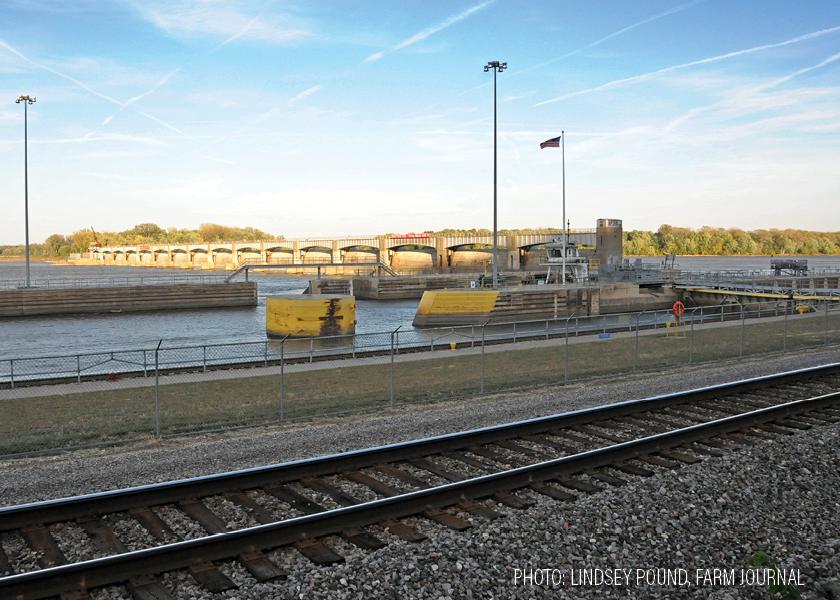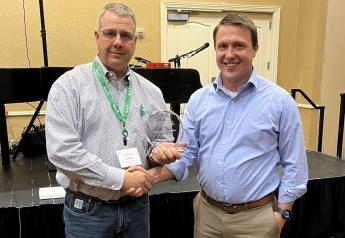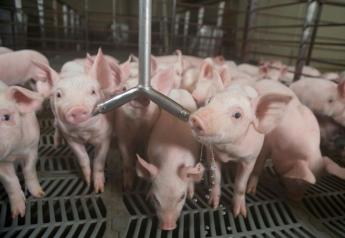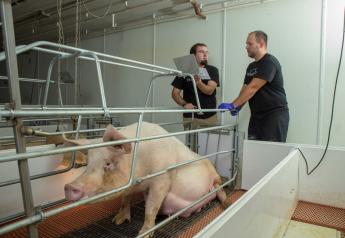Water Resources Bill Reauthorized with a Component that Will Impact Producers

In an 83–11 vote in the Senate on Thursday, the Water Resources Development Act (WRDA) was reauthorized.
The WRDA is a biennial bill that was first set in stone in 2014 to allow U.S. Army Corps of Engineers (Corps) to implement water infrastructure projects and programs across the nation. By way of the WRDA, the Corps constructs and maintain ports, inland waterways, locks and dams.
WRDA 2022 includes funding for 94 new feasibility studies and 21 projects, as well as instruction for the Corps to “expedite several ongoing studies and projects that are critical to addressing our nation’s water resources needs,” according to the Senate Committee on Environmental and Public Works release.
However, different from other years, WRDA 2022 cements a cost-share system for inland waterway projects in which 65% of funding stems from general treasury while the remaining 35% comes from the Inland Waterways Trust Fund.
The Fertilizer Institute (TFI) applauded the passage of the legislation in a release, which it dubbed an “integral” component of the fertilizer distribution system.
“On a ton-mile basis, approximately one-fourth of fertilizer moves on the inland barge system and these projects are absolutely critical to the safe and efficient distribution of fertilizers,” said Corey Rosenbusch, TFI president and CEO. “Making the cost-share permanent will…provide confidence to industry that much needed maintenance and modernization of our inland waterway system.”
According to Rosenbusch, repairs of locks and dams have increased 700% and further hindered production. He adds that these locks and dams—built nearly 100 years ago—were only designed to last 50 years.
“These delays are not only disastrous for the farmers who receive much of the almost 70 million tons of fertilizer each year via our nation’s waterways, they can also raise the prices of everyday goods and food for consumers,” Rosenbusch noted.
The bill will now move to President Biden’s desk, where he will likely sign it in coming weeks.
More on policy:
Expect New WOTUS Testing Rules by the End of 2022, According to Government Lawyer
5 Conservation Needs to be Met in Farm Bill 2023







